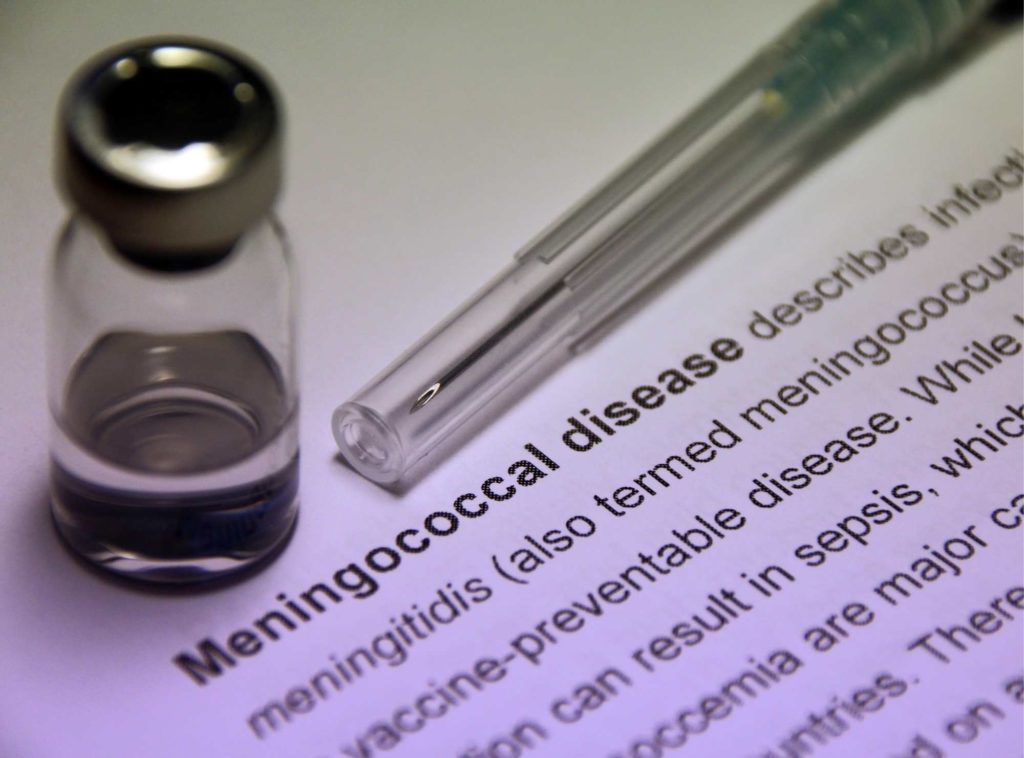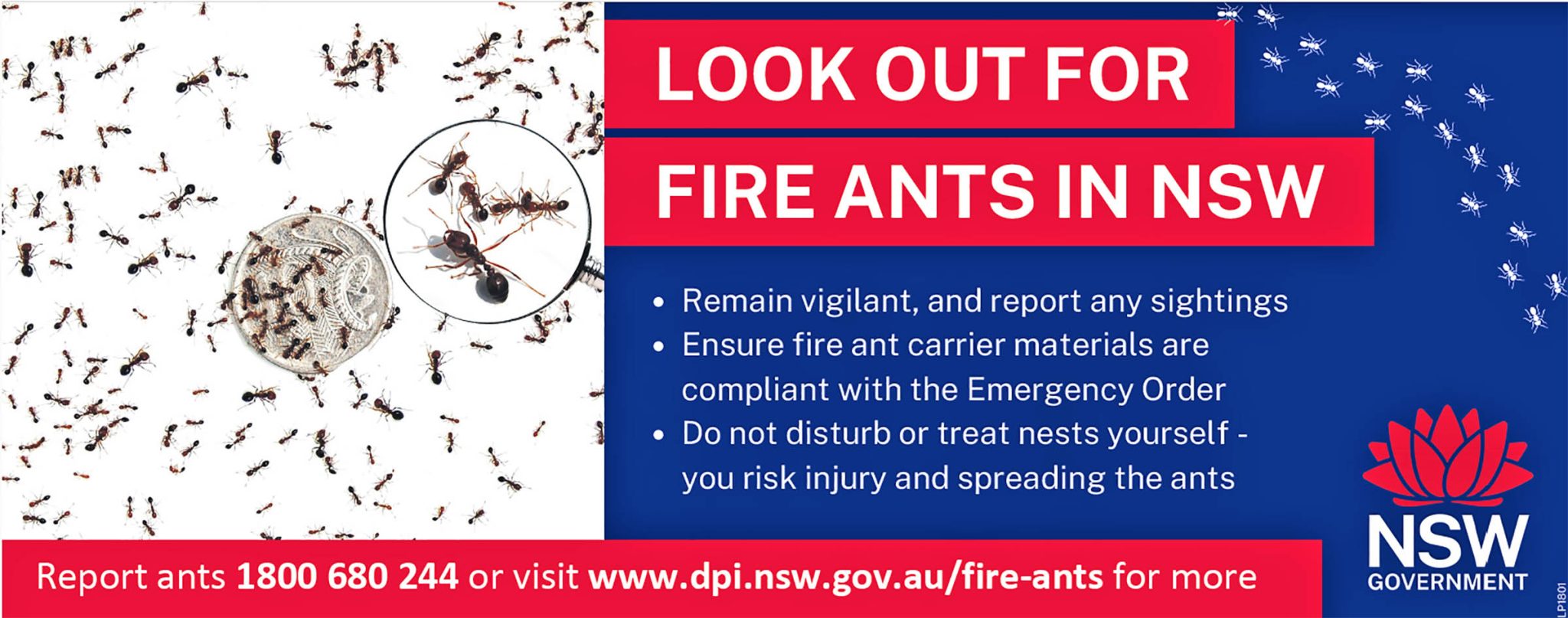NSW Health urged people to be alert to the symptoms of meningococcal disease and act immediately if they appear.
So far this year, there have been 15 cases of meningococcal disease reported in NSW.
NSW Health was notified of two cases of meningococcal disease in people who attended Splendour in the Grass.
A man in his 40s from Sydney has died with the disease. His infection was identified following his death on Thursday, August 4.
While meningococcal disease is mostly uncommon thanks to vaccination there is a tendency to have an increase in cases in late winter and early spring, with children under five and 15 to 25-year-olds at the greatest risk of getting the disease.
Health Protection NSW executive officer Jeremy McAnulty said early intervention can be lifesaving.
“Onset of meningococcal disease symptoms can appear suddenly and become very serious very quickly. If you suspect meningococcal disease, don’t wait for the rash – see a doctor immediately,” Dr McAnulty said.
Meningococcal disease can be fatal within hours if left untreated.
Symptoms include:
- severe, unexplained limb pain
- difficulty waking up
- high pitched crying in babies
- severe headache
- upset by bright lights
- stiff neck
- red-purple rash which doesn’t disappear when pressed with a glass
Meningococcal disease is a rare, but serious and sometimes fatal infection.
Up to one in 10 cases die, and four in 10 infections result in permanent disabilities including learning difficulties, sight and hearing problems, liver and kidney failure, loss of fingers, toes or limbs or scarring caused by skin grafts.
Under the National Immunisation Program, a meningococcal vaccine is provided free for babies at 12 months, adolescents, and people of all ages with certain medical conditions. In NSW, the adolescent dose is delivered through the school vaccination program in Year 10.



